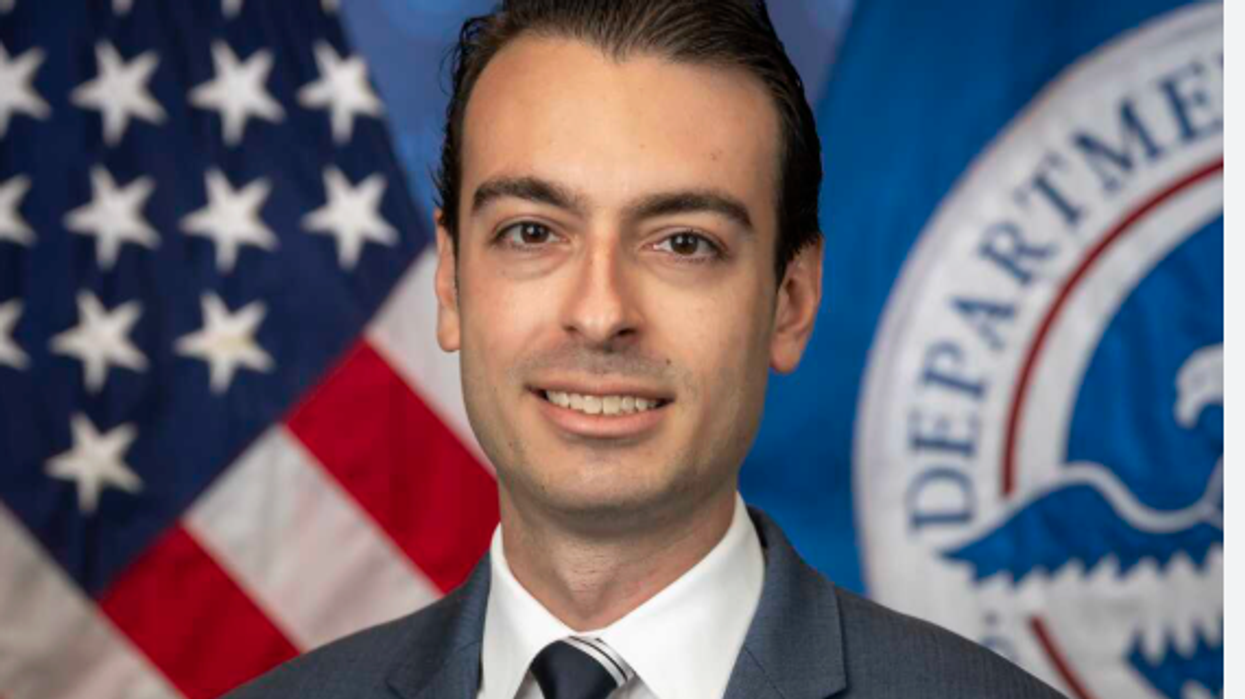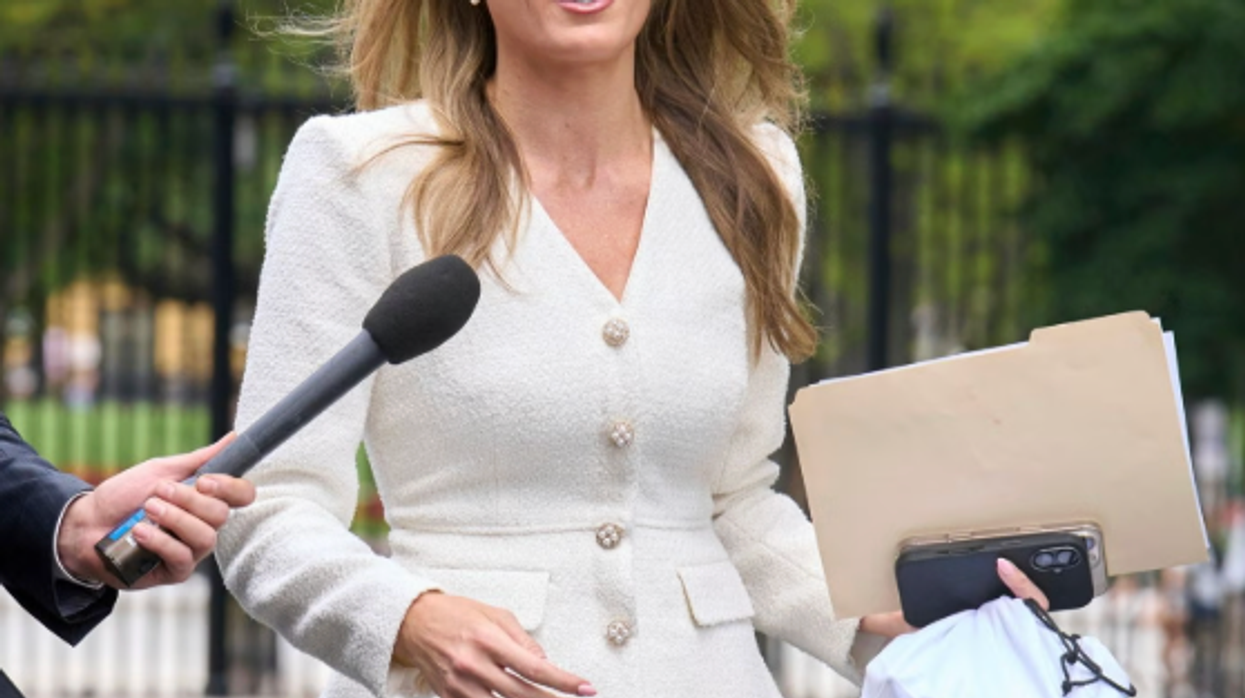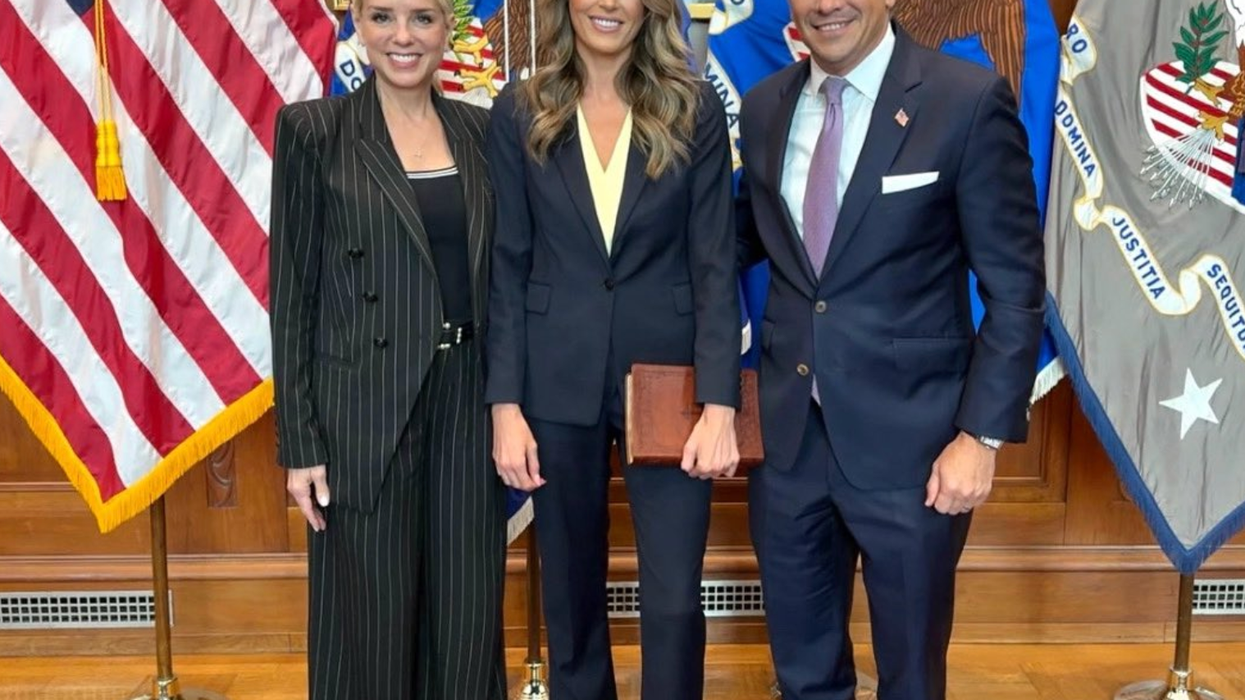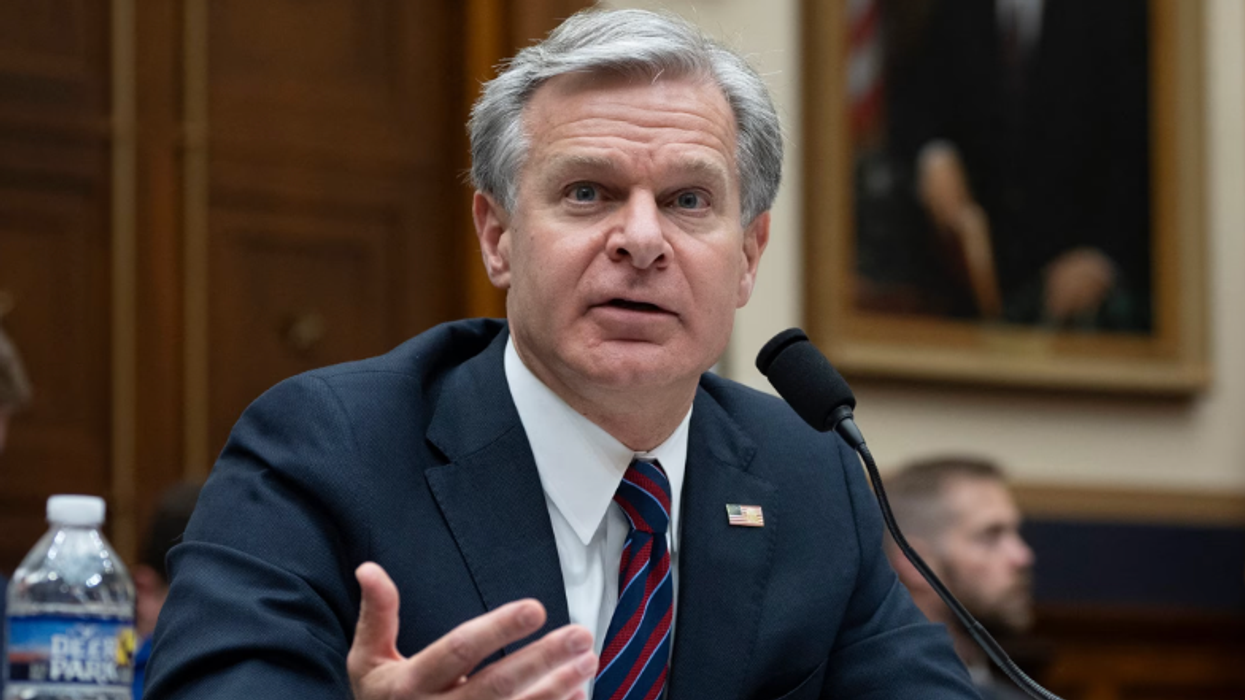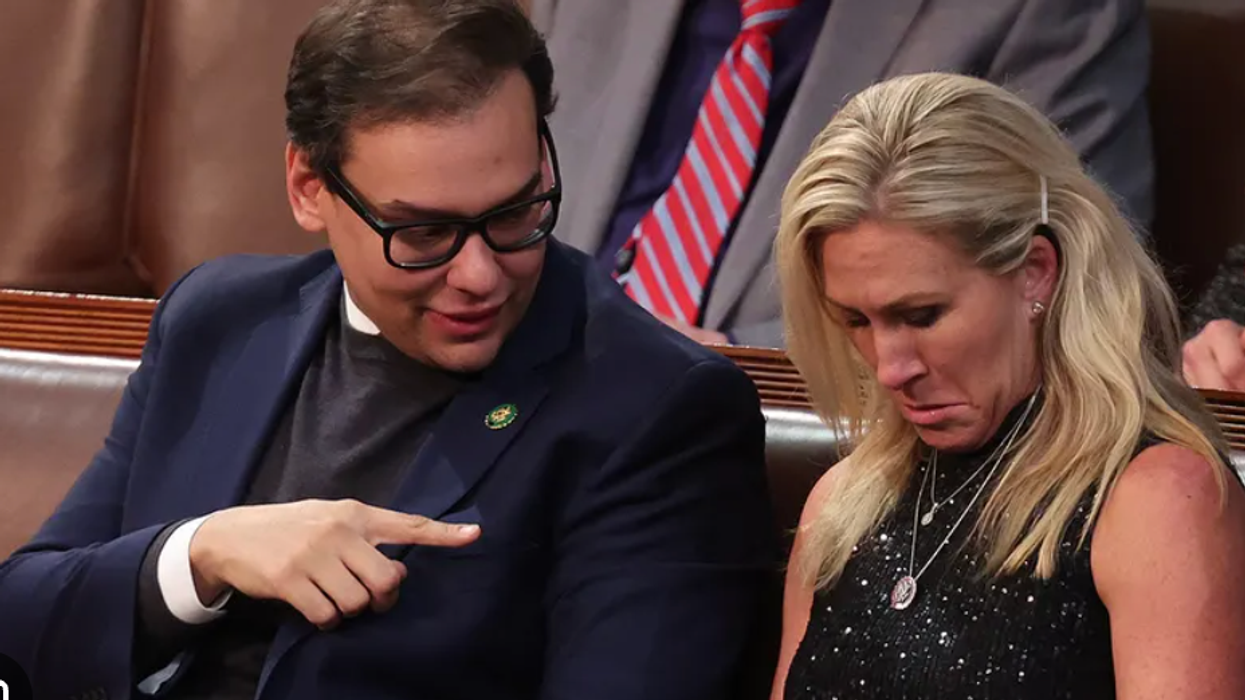Hey Kids! Meet 'Coalie,' New Mascot For The Trump Team's Climate Deniers
Hey kids, it’s Coalie! He’s a cute and cuddly lump of coal wearing a hardhat, and he’s here to tell you just how great coal mining is and just how great the Trump administration is at mitigating the harms caused by coal mining.
Coalie made his debut Wednesday on the official government webpage for the Office of Surface Mining Reclamation and Enforcement, a division of the Department of the Interior. OSMRE just dropped a listicle with the “10 Things to Know About How OSMRE Supports America’s Energy Legacy and Communities,” with Coalie as your guide.
This list is ostensibly about how OSMRE supports not only coal mining but also the reclamation efforts after coal mines are used up and abandoned. Sure, the amounts charged to coal companies to help pay for reclamation have plummeted over the years, and sure, there’s currently no pushback from this reclamation-loving administration over congressional efforts to strip money from a dedicated fund for mine cleanup and give it to the National Forest Service instead.
But just hear Coalie out, okay? Per the anthropomorphized talking lump of coal, one of the top 10 things OSMRE does is “evaluate potential environmental impacts of federal actions” as required under the National Environmental Policy Act, or NEPA.
Well, Coalie—we have to admit that balancing “responsible stewardship with opportunities for public input” does sound pretty great. But Coalie apparently overlooked that the administration is fast-tracking and minimizing NEPA reviews of proposed mines as part of an overall push to limit public input on environmental issues and drastically restrict environmental review. That sounds much more like no stewardship at all.
Oh Coalie, how could you lie to us?
Coalie also wants you to know that the Trump administration supports coal miners and their families.
“Each year, OSMRE transfers more than $1 billion to the United Mine Workers of America Health and Retirement Funds to support health care and pension benefits for eligible coal miners and their beneficiaries,” the website claims.
“Transfers” is doing a lot of heavy lifting in that sentence. That’s because the federal government does not provide more than $1 billion per year in pensions and benefits to coal miners.
UMWA receives some federal funding, but is largely funded by premiums that coal companies are required by law to pay. The government is also responsible for transferring interest from the Abandoned Mine Reclamation Fund to UMWA, but the AMRF is funded by fees assessed to coal companies for each ton of coal produced. So, what the administration and Coalie are bragging about here is quite literally just transferring the money collected from coal companies to the UMWA funds, as required by law.
Coalie, it sure feels like you’re trying to pull the wool over our eyes here.
Any attempt by this administration to say it prioritizes the health and safety of miners is undercut by its eagerness to make black lung disease great again by thwarting desperately needed regulations, such as one that would have restricted exposure to silica dust.
No one wants coal mining as much as President Donald Trump wants coal mining. Well, except maybe for Coalie.
Even coal companies don’t want coal mining as much as Trump or Coalie want coal mining. The administration has resorted to forcing energy companies to keep their aging coal plants open, even when they were already winding down operations and even though keeping them open would cost consumers more, not less. It also created a $625 million slush fund for coal plant owners to upgrade their aging plants rather than close them.
The Department of the Interior opened up a swath of public land to coal mining, eager to get cash from all those companies thrilled to pay for the privilege—only to find out that companies didn’t really want to do that at all and offered only a pittance for the land.
Apparently it is very hard to convince people—even coal industry people—that coal is super great. But hey, that’s just because they haven’t met Coalie yet. That cute little lump of coal is bound to turn things right around.
Reprinted with permission from Daily Kos


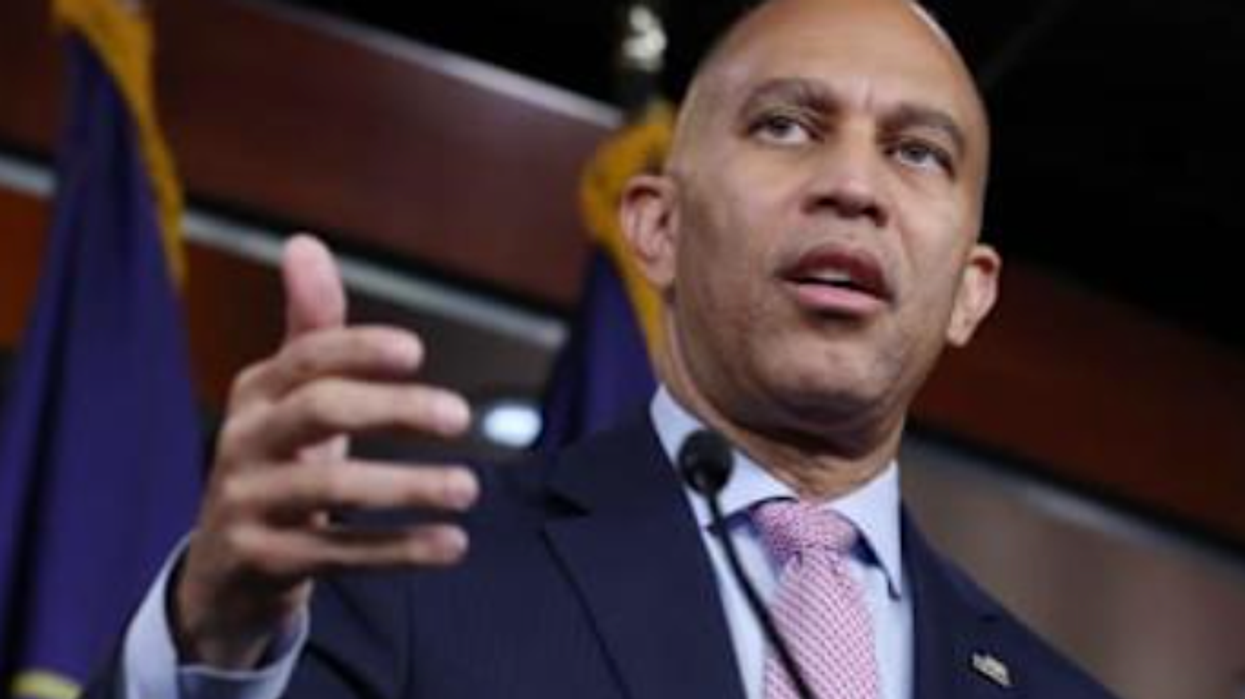



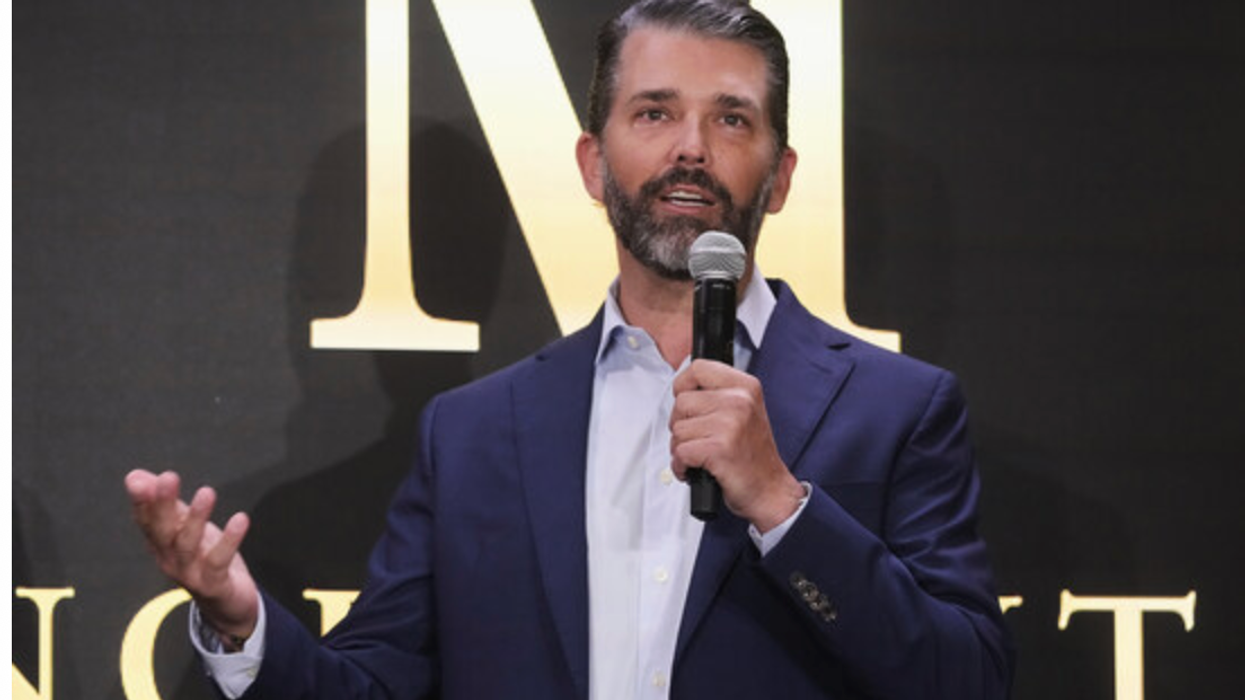
 The Trump Mobile T1 smartphone as depicted on Trump Mobile websiteScreenshot from trumpmobile.com
The Trump Mobile T1 smartphone as depicted on Trump Mobile websiteScreenshot from trumpmobile.com